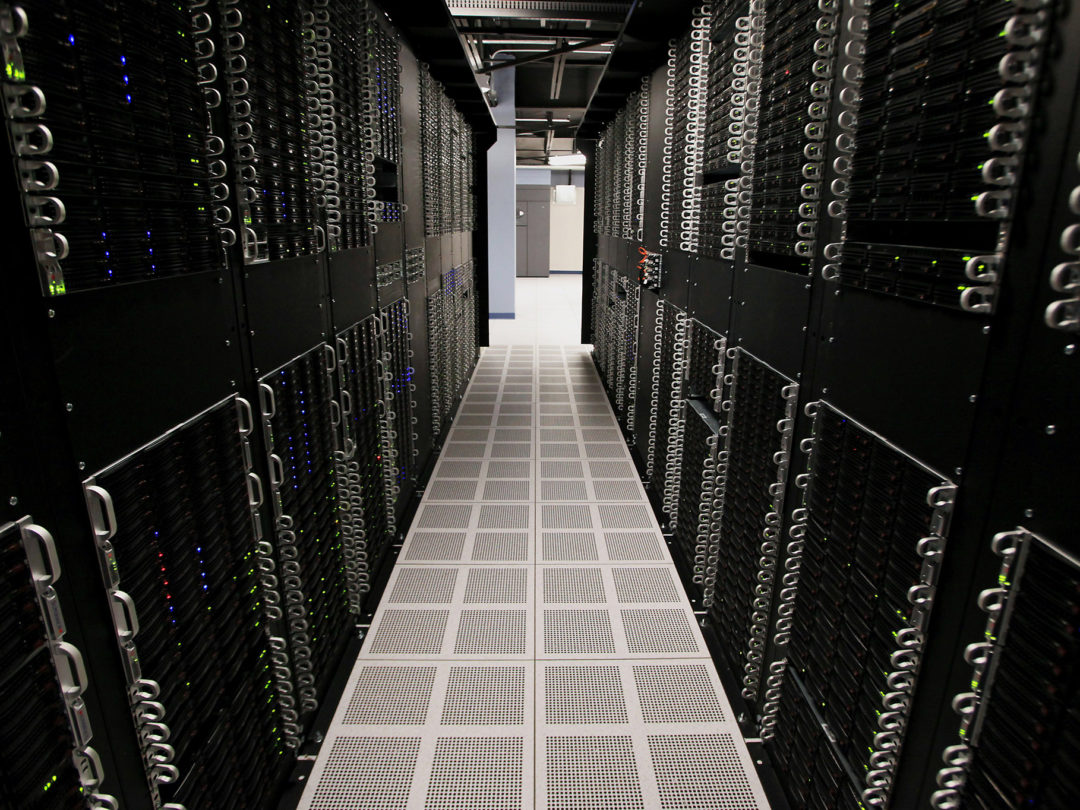
Think Tank
Is Blockchain Primed to Transform the Supply Chain? A Nuanced Debate

Chances are you’ve heard about blockchain’s potential to upend every industry it touches. A quick Google search will tell you that blockchain is already being heralded as an industry-transforming concept. But the truth is that many organizations are still trying to understand exactly what blockchain can enable. That includes companies that are heavily involved in the supply chain. They’re just beginning to dabble in blockchain in niche areas.
A blockchain is a highly distributed ledger that cannot be altered without all participants in a given network agreeing on the change. While blockchain is powering the rapidly growing set of cryptocurrency technologies and related offerings, its tracking and tracing capabilities are what’s making it increasingly appealing to industries beyond that market.
The state of blockchain in the supply chain today can best be described as experimental. Classic supply-chain B2B processes are designed to synchronize the buyer’s and seller’s understanding of a purchase, including SKUs and quantities, pricing and payment, inventory, transportation and logistics. From that perspective, blockchain is on a sound evolutionary trajectory.
Today we see blockchain not replacing core supply-chain processes, but being applied to niche applications in new aspects of supply-chain management. For example, IBM Food Trust is using blockchain technology to deliver better visibility and accountability in the global food supply. Using blockchain, IBM has built a network to connect growers, processors, distributors, and retailers through a permissioned, permanent and shared record of food system data.
As with every technology that appears to take the world by storm, blockchain has been subject to some exaggerated promises. As Blockchain Capital partner Jimmy Song recently cautioned, “Blockchain is not this magical thing where you sprinkle blockchain dust over a problem.”
In the near term, industry needs such as the desire for greater visibility and accountability are driving adoption in the supply chain. The progress of blockchain will continue to be shaped by new supply-chain requirements, opportunities and initiatives.
Look no further than Walmart, a global powerhouse with the market presence and supplier influence to dictate technological trends almost by itself. Last September, following IBM’s establishment of its Food Trust initiative (which was built in collaboration with Walmart), Walmart alerted its entire supplier network that by this September, they must integrate with the blockchain-based tracking system.
According to the memo, any supplier working with Walmart must collaborate with the IBM Food Trust to create end-to-end traceability in two phases. The blockchain platform will make it easier for Walmart to quickly source any food items. Tracking and tracing such items today is “an almost insurmountable challenge,” the memo says.
IBM is also aiming to introduce blockchain to the shipping sector. Last August, it entered into a collaboration with container-shipping company Maersk to jointly create TradeLens, a blockchain-enabled shipping solution designed to promote more efficient and secure global trade through information sharing, transparency and the establishment of open standards. After working through some teething problems, TradeLens added two major marine cargo carriers to the platform in May. Accounting for existing carriers on the platform, nearly half of the world’s ocean container cargo data is now captured by TradeLens.
As seen in the TradeLens example, visibility and transparency into the movement of goods across global supply chains is a capability that benefits industries beyond the food sector. In addition to helping pave the way to establishing industry standards in various sub-sectors of the global supply-chain industry (such as shipping), blockchain-enabled visibility and transparency can help organizations proactively avoid supply-chain disruptions. Blockchain also has the potential to deliver other business-impacting benefits, including cost savings and increased speed and agility.
While the benefits are substantial, blockchain faces several considerable obstacles to widespread adoption, which cloud its outlook for the supply chain in the long term. Outside of cryptocurrencies, blockchain is a highly unproven technology. Moreover – and this might be the biggest obstacle of all –organizations tend to conflate “unproven” with “non-secure.” The fastest way to strike down a new technology is to raise concerns about its lack of security.
Second, the absence of standardization is a major impediment to blockchain adoption in the supply chain. Without standardization, businesses can’t interact with one another in the same language. This creates a scenario whereby supply-chain organizations try to use different protocols, privacy measures, and coding languages to communicate through blockchain, which is a recipe for disaster. This is especially true today, as organizations are increasingly viewing their businesses as a dynamic ecosystem, rather than a static, autonomous entity.
Interestingly, the adoption of a blockchain-powered application forces some level of standardization, not only with respect to data formats and access protocols, but also in business terms, regarding the formation of relationships, contractual obligations, and “smart contracts” that execute under well-defined circumstances. As a result, this standardization barrier may be quite surmountable.
Considering the obstacles and benefits that blockchain presents to the supply-chain industry, the debate today consists of a mix of conservativism (reluctance to disrupt what’s working) and innovation (looking for differentiation and new opportunities through technology).
The foundational innovation of blockchain is a trustworthy distributed ledger, and it’s this model that powers the benefits. Today’s supply-chains are effectively mesh networks that grow slowly, painfully and expensively, as business agreements are negotiated and technical implementations follow. Blockchain-powered ecosystems offer the promise of nearly instant agreement and technical enablement, increasing the agility of a business to make new connections by an order of magnitude. And across today’s business landscape, agility is a key indicator of survival.
As blockchain evolves, established supply-chain technologies won’t be completely displaced, but the pressure to innovate and adopt is rising. Adoption will start with blockchain-powered solutions, evangelized by those with strong control over an ecosystem. But ultimately, true distributed blockchains will appear as communities that coalesce and standardize around industry needs, which is bound to happen sooner rather than later.
John Thielens is Chief Technology Officer of Cleo.






